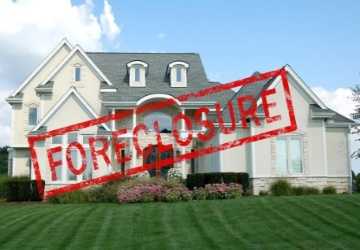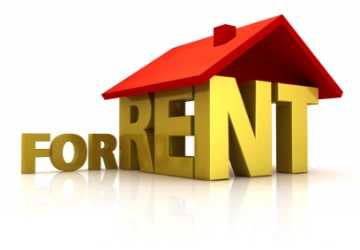Real estate
Short sales and foreclosures are the main options for homeowners when they default on their mortgage or have an insufficient mortgage (not worth the amount they owe on their mortgage). Regardless of the circumstances, the owner must be separated from his house. However, timelines and other outcomes will vary, so it's important to understand the pros and cons of each option.
There is no obligation to sell the house short. Typically, a short sale occurs when a homeowner sells a property for less than the balance on the mortgage. For example, if a homeowner defaults on a $300,000 mortgage, but financial hardship forces them to sell their home for $200,000, the homeowner is still responsible for the remaining balance ($100,000) and any additional costs incurred in the sale.
Foreclosures, on the other hand, are involuntary. If the borrower fails to make a certain number of monthly payments, the mortgagee (bank or lender) will take legal action to take possession of the home. The lender collects the mortgage debt by selling the mortgaged property.

Short selling
Short selling is not permitted without the consent of the lender. To carry out a short sale, a mortgage lender—usually a bank—must agree to the decision to proceed.
Short selling can cost the lender a loss, so documentation explaining why the short sale is required is also required. Must be a recent event causing financial hardship to the home buyer, such as B. illness, divorce, or unemployment, and must not be something that was not disclosed to the lender at the time of the initial mortgage application. If the borrower fails to disclose previous financial problems to the lender, he will appear dishonest.
Once a short sale is allowed, all proceeds go to the bank or lender; the homeowner gets nothing and remains responsible for the mortgage. Lenders have two options: either forgive the outstanding debt or ask the borrower to pay it back through a default judgment (i.e. a court order).

Foreclosure
Unlike short sales, foreclosures are initiated only by lenders. The foreclosure process begins only after the borrower defaults on repayments within a predetermined time. Foreclosure is the final stage of the legal process for a bank to acquire property and recoup its investment.
The laws governing the foreclosure process vary from state to state, so lenders trying to foreclose on a property must follow specific guidelines at each stage, including giving notice and giving homeowners some options. The law also determines when and how banks sell properties.
Zombie foreclosures occur when defaulting homeowners abandon vacant lots without paying their mortgages. If the occupants of an occupied home have not vacated the property, they are often evicted by the lender as part of a foreclosure.
A sale occurs when an appraisal is required and the lender has access to the property. A foreclosure usually takes less time than a short sale because lenders want to sell the asset as quickly as possible. Another way to auction a foreclosed home is through escrow, where potential buyers participate in an open bidding process.


